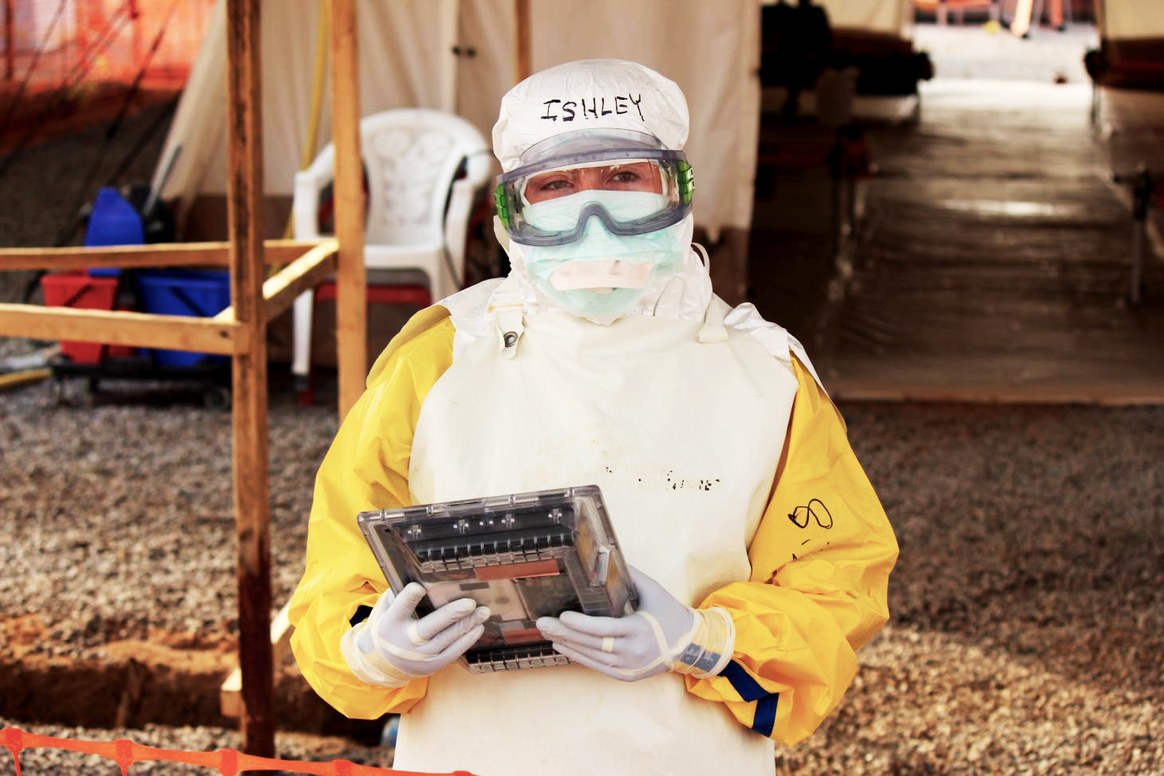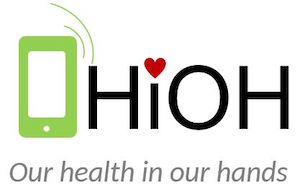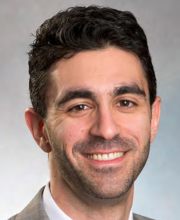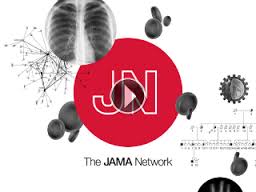 This week Massachusetts Governor Charlie Baker led a trip of clinicians, industry leaders, government officials, academics, and entrepreneurs to visit Israel (not at taxpayer expense) on a mission to establish Massachusetts as an incubator for the US growth of Israeli companies. I represented the healthcare IT innovation work we’re doing at Beth Israel Deaconess and Harvard Medical School. Israel is a remarkable place. With 8 million people in a nation the size of New Jersey situated in an unstable part of the world, Israel has no choice but to be a start up nation, creating companies that generate economic impact world wide...
This week Massachusetts Governor Charlie Baker led a trip of clinicians, industry leaders, government officials, academics, and entrepreneurs to visit Israel (not at taxpayer expense) on a mission to establish Massachusetts as an incubator for the US growth of Israeli companies. I represented the healthcare IT innovation work we’re doing at Beth Israel Deaconess and Harvard Medical School. Israel is a remarkable place. With 8 million people in a nation the size of New Jersey situated in an unstable part of the world, Israel has no choice but to be a start up nation, creating companies that generate economic impact world wide...
 An “open-source” approach to accelerating human health advances is the common theme among a diverse group of medical science projects that have won six science awards honoring “excellence in participant-centered research” - a rapidly emerging field that aims to turn patients and healthy people into more active and more data-sharing participants in medical research. The awards will be given out at Harvard Medical School in Boston on April 25 at a scientific convening called GET Conference (“GET” stands for “Genomes, Environments, Traits”). “The winners of the GETy Awards are at the forefront of a research revolution that will radically accelerate the rate of human health advances,” says Jason Bobe, organizer of the GET Conference, and Executive Director of the nonprofit PersonalGenomes.org.
An “open-source” approach to accelerating human health advances is the common theme among a diverse group of medical science projects that have won six science awards honoring “excellence in participant-centered research” - a rapidly emerging field that aims to turn patients and healthy people into more active and more data-sharing participants in medical research. The awards will be given out at Harvard Medical School in Boston on April 25 at a scientific convening called GET Conference (“GET” stands for “Genomes, Environments, Traits”). “The winners of the GETy Awards are at the forefront of a research revolution that will radically accelerate the rate of human health advances,” says Jason Bobe, organizer of the GET Conference, and Executive Director of the nonprofit PersonalGenomes.org.
 Jay Achar was treating Ebola patients at a makeshift hospital in Sierra Leone, and he needed more time. This was in September, near the height of the West African Ebola epidemic. Achar was part of a team that traveled to Sierra Leone under the aegis of a European organization called Médecins Sans Frontières, or Doctors Without Borders. In a city called Magburaka, MSF had erected a treatment center that kept patients carefully quarantined, and inside the facility's high-risk zone, doctors like Achar wore the usual polythene "moon suits," gloves, face masks, and goggles to protect themselves from infection...
Jay Achar was treating Ebola patients at a makeshift hospital in Sierra Leone, and he needed more time. This was in September, near the height of the West African Ebola epidemic. Achar was part of a team that traveled to Sierra Leone under the aegis of a European organization called Médecins Sans Frontières, or Doctors Without Borders. In a city called Magburaka, MSF had erected a treatment center that kept patients carefully quarantined, and inside the facility's high-risk zone, doctors like Achar wore the usual polythene "moon suits," gloves, face masks, and goggles to protect themselves from infection... While governments around the world were unsuccessfully trying to make up their minds about the best approach, sitting around and debating and discussing about the most valid ways to combat Ebola …Google came up to the plate in November and its CEO announced it would pledge $2 for every dollar donated through its website. They set up a specific URL onetoday.google.com/fightebola to explain this original social action and invite people worldwide to contribute to this worthwhile, timely cause...
While governments around the world were unsuccessfully trying to make up their minds about the best approach, sitting around and debating and discussing about the most valid ways to combat Ebola …Google came up to the plate in November and its CEO announced it would pledge $2 for every dollar donated through its website. They set up a specific URL onetoday.google.com/fightebola to explain this original social action and invite people worldwide to contribute to this worthwhile, timely cause... Nextcloud Hub is used in dozens of universities, hospitals, and medical institutes in various ways, aiding in fighting the pandemic. The DICOM viewer app for Nextcloud in particular is used in Brazil in the fight against COVID-19. At the Kiel University of Applied Sciences Nextcloud is used in the development of bluetooth measurement algorithms from the OHIOH.de research team. This is a research project using machine learning and AI to improve the accuracy of Bluetooth-based COVID-19 tracking apps where information is collected through "Bluetooth". The application focuses on research topics to warn and help with required actions in fighting and minimizing the spread of COVID-19.
Nextcloud Hub is used in dozens of universities, hospitals, and medical institutes in various ways, aiding in fighting the pandemic. The DICOM viewer app for Nextcloud in particular is used in Brazil in the fight against COVID-19. At the Kiel University of Applied Sciences Nextcloud is used in the development of bluetooth measurement algorithms from the OHIOH.de research team. This is a research project using machine learning and AI to improve the accuracy of Bluetooth-based COVID-19 tracking apps where information is collected through "Bluetooth". The application focuses on research topics to warn and help with required actions in fighting and minimizing the spread of COVID-19. Doctors will one day be able to more accurately predict how long patients with fatal diseases will live. Medical systems will learn how to save money by skipping expensive and unnecessary tests. Radiologists will be replaced by computer algorithms. These are just some of the realities patients and doctors should prepare for as “machine learning” enters the world of medicine, according to Dr. Ziad Obermeyer, an assistant professor at Harvard Medical School, and Dr. Ezekiel Emanuel of the University of Pennsylvania, who recently coauthored an article in the New England Journal of Medicine on the topic...
Doctors will one day be able to more accurately predict how long patients with fatal diseases will live. Medical systems will learn how to save money by skipping expensive and unnecessary tests. Radiologists will be replaced by computer algorithms. These are just some of the realities patients and doctors should prepare for as “machine learning” enters the world of medicine, according to Dr. Ziad Obermeyer, an assistant professor at Harvard Medical School, and Dr. Ezekiel Emanuel of the University of Pennsylvania, who recently coauthored an article in the New England Journal of Medicine on the topic... Two remarkable articles -- one on placebos, one on informed consent -- caught my attention. To set them up, a famous, perhaps apocryphal, story: A scientist tried to explain the solar system to a lay audience. When he finished, a skeptical woman told him he was wrong: the earth was flat, and rested on the back of a giant turtle. The scientist asked her what the turtle rested on. "Another turtle," she replied confidently. He then asked what that turtle was on. The woman would have none of it. "You can ask all you want, sir, but it's turtles all the way down." Faith is a funny thing. Especially in health care. Let's start with placebos...
Two remarkable articles -- one on placebos, one on informed consent -- caught my attention. To set them up, a famous, perhaps apocryphal, story: A scientist tried to explain the solar system to a lay audience. When he finished, a skeptical woman told him he was wrong: the earth was flat, and rested on the back of a giant turtle. The scientist asked her what the turtle rested on. "Another turtle," she replied confidently. He then asked what that turtle was on. The woman would have none of it. "You can ask all you want, sir, but it's turtles all the way down." Faith is a funny thing. Especially in health care. Let's start with placebos... High prescription drug prices are attributable to several causes, including the approach the U.S. has taken to granting government-protected monopolies to drug manufacturers, and the restriction of price negotiation at a level not observed in other industrialized nations, according to a study appearing in the August 23/30 issue of JAMA. The increasing cost of prescription drugs in the United States has become a source of growing concern for patients, prescribers, payers, and policy makers...
High prescription drug prices are attributable to several causes, including the approach the U.S. has taken to granting government-protected monopolies to drug manufacturers, and the restriction of price negotiation at a level not observed in other industrialized nations, according to a study appearing in the August 23/30 issue of JAMA. The increasing cost of prescription drugs in the United States has become a source of growing concern for patients, prescribers, payers, and policy makers... The National Rosacea Society (NRS) announced it has awarded funding for three new studies, in addition to continuing support for three ongoing studies, as part of its research grants program to increase knowledge and understanding of the causes and other key aspects of rosacea that may lead to improvements in its management, prevention or potential cure...Dr. Benjamin Kaffenberger, assistant professor of dermatology at the Ohio State University, and colleagues were awarded $25,000 to develop a computer program for a rosacea scoring system that will identify and count rosacea lesions and measure redness to provide reliably reproducible scores for physicians and patients...
The National Rosacea Society (NRS) announced it has awarded funding for three new studies, in addition to continuing support for three ongoing studies, as part of its research grants program to increase knowledge and understanding of the causes and other key aspects of rosacea that may lead to improvements in its management, prevention or potential cure...Dr. Benjamin Kaffenberger, assistant professor of dermatology at the Ohio State University, and colleagues were awarded $25,000 to develop a computer program for a rosacea scoring system that will identify and count rosacea lesions and measure redness to provide reliably reproducible scores for physicians and patients... OpenNotes is pleased to announce that ten extraordinary advocates for health care quality and improvement are the founding members of the OpenNotes Advisory Board. OpenNotes is a national movement that urges doctors, nurses and other health care providers to share the notes they write with the patients they care for...
OpenNotes is pleased to announce that ten extraordinary advocates for health care quality and improvement are the founding members of the OpenNotes Advisory Board. OpenNotes is a national movement that urges doctors, nurses and other health care providers to share the notes they write with the patients they care for...